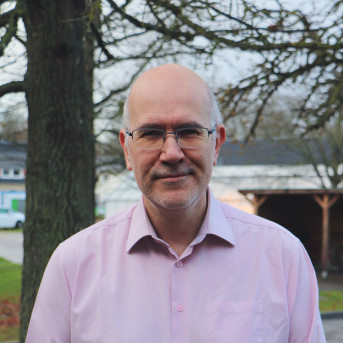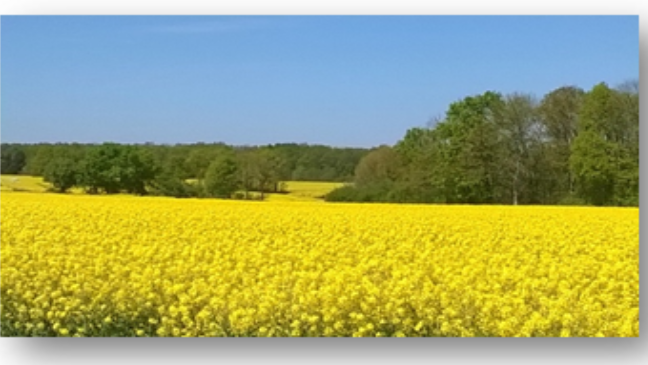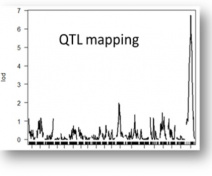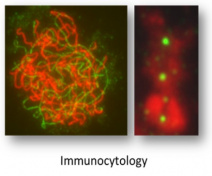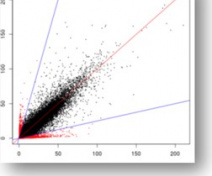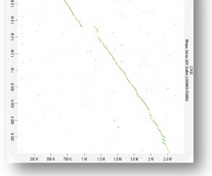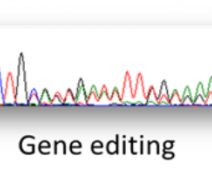My work explores the reciprocal relationship between meiotic recombination and polyploidy, i.e. Whole Genome duplication (WGD), an important hallmark of plant genome evolution. Besides the academic aspects, my research seeks to produce operational knowledge for plant breeding.
In most organisms, the precise separation of maternal and paternal homologous chromosomes at the first meiotic division requires that at least one crossover, a product of meiotic recombination, is formed within each pair of homologues. This process is more intricate in polyploid cells, as each chromosome has more than one potential partner with which to recombine. How do these cells cope with this difficulty? What are the consequences for the overall process of meiotic recombination? We use natural and induced (e.g. EMS and CRISPR-Cas9-based mutagenesis) variation to address these questions using Brassicas, Camelinas and Arabidopsis thaliana as models.
Allopolyploid species result from the fusion of the nuclear genomes of distinct species between which genetic exchanges can occur. We are interested in deciphering the nature and distribution of these events by combining high throughput genotyping, whole genome sequencing approaches and modelling. This knowledge would be useful for expanding the germplasm of allopolyploid crops.
We also combine experimental and computational approaches to study different aspects of meiotic gene evolution in plants.
If you are interested in any of these aspects, please contact me so that we can discuss possible projects.
Allopolyploid species result from the fusion of the nuclear genomes of distinct species between which genetic exchanges can occur. We are interested in deciphering the nature and distribution of these events by combining high throughput genotyping, whole genome sequencing approaches and modelling. This knowledge would be useful for expanding the germplasm of allopolyploid crops.
We also combine experimental and computational approaches to study different aspects of meiotic gene evolution in plants.
If you are interested in any of these aspects, please contact me so that we can discuss possible projects.
